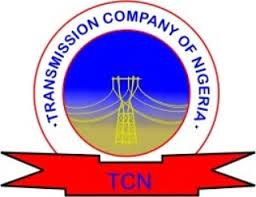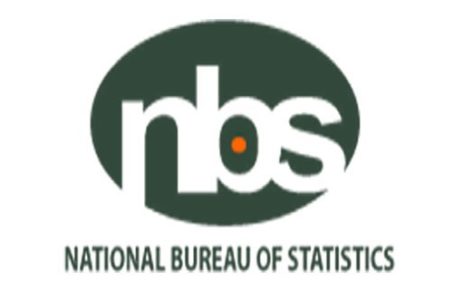The General Manager of Regulation and Compliance at the Transmission Company of Nigeria (TCN), Ali Bukar Ahmad, on Thursday reported that out of an estimated population of 230 million in the country, only 13,112,134 electricity consumers had been registered.
Ahmad gave these figures during the National Institute of Physics webinar Series 2.0 titled “Policy, Regulatory and Technical Constraints in Achieving Energy Security in Nigeria: The Way Forward”.
The industry expert clarified that among the total of over 13 million customers, 44.23% had been provided with meters, representing a mere 2.52% of the entire population.
While noting that 60% of customers with meters are bypassing their meters, thereby adding to the country’s energy poverty issues, Ahmad linked the ugly phenomenon to the nation’s current state of energy insecurity.
According to him, energy security means having a consistent and affordable supply of energy, while energy poverty refers to the absence of a sufficient, quality, and uninterrupted energy supply, along with its associated services and products.
Ahmad explained: “For a country to be truly independent politically and economically in the 21st century, is to have energy sovereignty and energy independence, and for the sovereignty and independence to be secured at all times and to be backed by the relevant geopolitics.
“In Nigeria, we have four types of energy poverty; the unserved, the underserved, the poor quality of supply and the served.
“Energy security in turn is the bedrock for the sustainable development and the attainment of it should leave no one, no citizen behind”, he added.
Giving more insight into the energy situation, Ahmad pointed out that Nigeria’s energy vulnerability could be attributed to several factors, including an over-reliance on gas, insufficient production capacity, and the unreliability and high cost of gas supply.
He listed some of the signs of energy vulnerability as including deteriorating and ineffective infrastructure, a lack of clear and accountable energy services, vandalism, and a shortage of political and financial resources to tackle these problems.
On the way forward to ensure energy security in the country, the industry expert canvassed the need for Nigeria to overcome all policy, regulatory, technical shortcomings and bottlenecks even as he called for commencement of immediate utilisation of all energy sources in all parts of the country, and for more electricity exports and imports corridors in the country to be opened.
In addition, Ahmad urged the three tiers of government to be involved in electricity supply just as the Federal Government should also encourage the NIP to invest in research and documentation to help address the challenges of energy security in Nigeria




